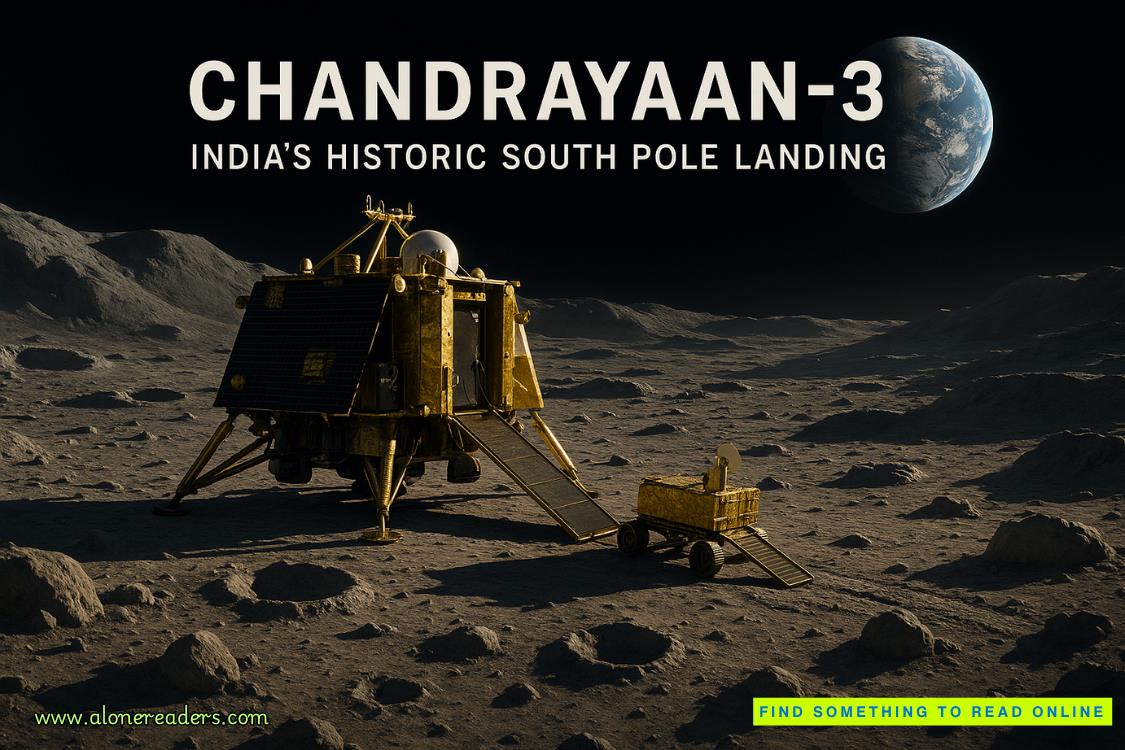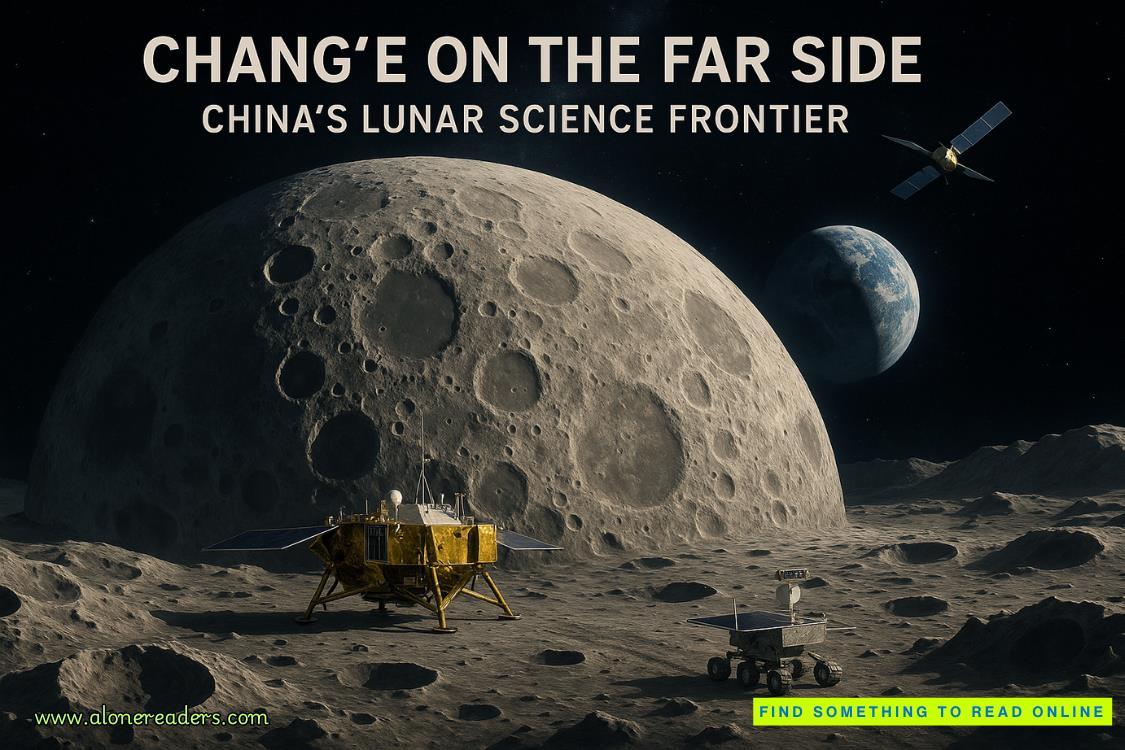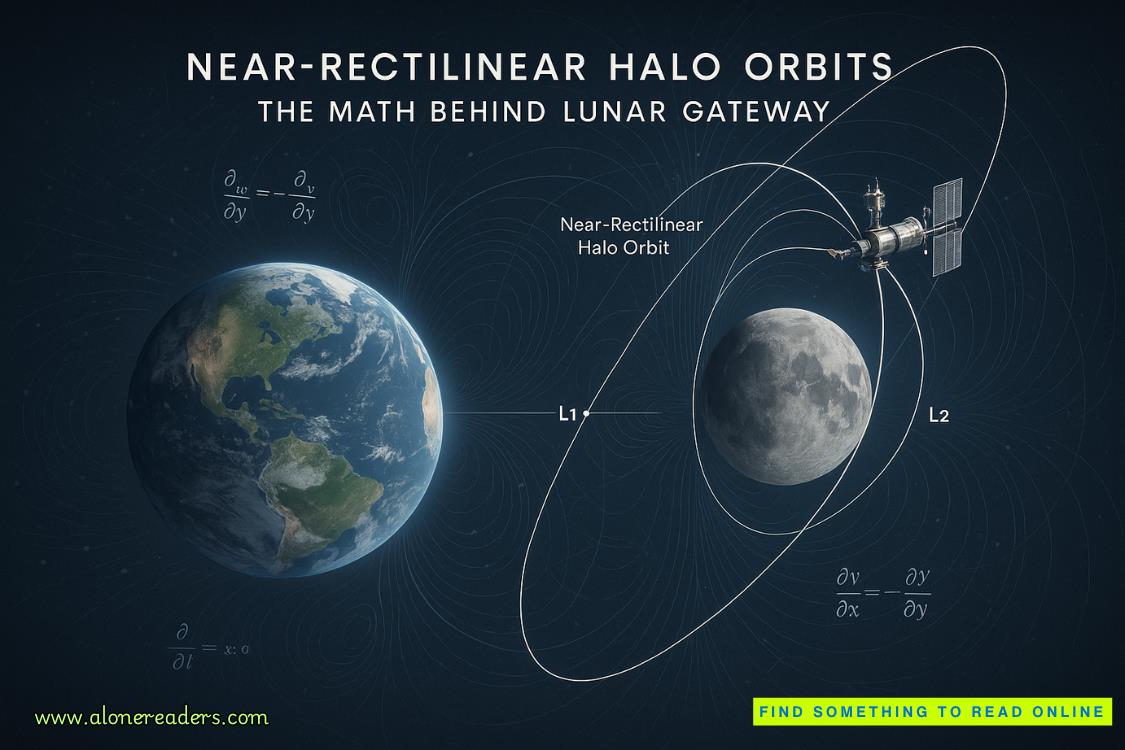“I can tell you now that if it involves my father admitting culpability, he won’t do it. He will never admit to something he didn’t do.”
“I understand. I’ve known that from the start, and that’s not in the plan. You don’t have to worry about that.”
“Do I have to worry about the DA? Isn’t she your ex-wife?”
“She is, yes. But we’re on good terms. We raised a daughter together and we’re on the same page. And I don’t know if you saw this, but part of her platform during the special election was a commitment to review cases like this to restore faith in the system. So this is right up that alley politically, and I think she will be receptive. The bottom line is that your father doesn’t have a lot of time, and this is the fastest way to get him out. You have to trust me, Cassie.”
“I do. Thank you.”
“Of course. And now I really need to get back before court starts again. I have to do some last-minute prepping for my next witness. If you’re planning to stay and want to come up to the front to watch, I’m sure the marshals will accommodate you.”
“No, I’m fine back here. Really. And I can’t stay too much longer anyway.”
“Okay. Thanks for coming to check me out. It’s good to see you, and we’ll be in touch very soon. As soon as this is over.”
“Thank you.”
I got back to the plaintiff’s table and checked on Brenda.
“How are you holding up?” I asked.
“I’m good,” she said. “It looked like the judge was mad at you.”
“Well, a little bit, yeah. It’s nothing I can’t deal with, nothing for you to worry about.”
“So what happens now?”
“We have Dr. Spindler from Caltech next. He’ll put things in perspective for the jury.”
“And he’s our last witness? I think you called him the closer before.”
“I did, but he’s not going to be last. There will be at least one more witness. One of the coders on the project. I’ve changed things up and we’re going to go with him.”
“As long as you’re sure.”
“Well, that’s the thing about trials. You’re never really sure about anything.”
It was true. As we neared the end of the presentation of our case, I could not shake the feeling that I had missed something, that I was not prepared. With each witness in a trial, the stress grows. Each is a domino in a line and they have to fall precisely according to design for the overall plan to work. My anxiety now was rooted in my decisiontochange the design mid-course. Spindler was originally supposed to be my last witness, my closer, but now I was gambling everything on another witness—the coder—and the secrets about him that Jack McEvoy would be able to dig up before court reconvened in the morning.
It was a risky business because I was essentially putting all my chips down on one bet, on a witness I had never met or even asked a single question of. The only thing I knew about him was that I had to destroy him to win the case.
40
SHORTLY AFTER COURTresumed, I called Michael Spindler to the stand. After he was sworn in, I spent extra time going over his educational and experiential credentials, firmly establishing him as an expert in the field of generative artificial intelligence. I did this because it would soon become clear to the jurors that Spindler was not an AI naysayer. He believed that artificial intelligence was changing the world for the better. But he also believed in the need for strong guardrails as this brave new world came to be.
“Professor, how long have you been teaching at Caltech?” I asked.
“Nine years,” Spindler said.
“And were you in an academic position before Caltech?”
“No, I was in the real world. I worked for a series of tech companies, the last being Google.”
“What did you do at Google?”
“I ran a lab where we initially developed its artificial intelligence platform.”
“So you are a proponent of artificial intelligence?”















